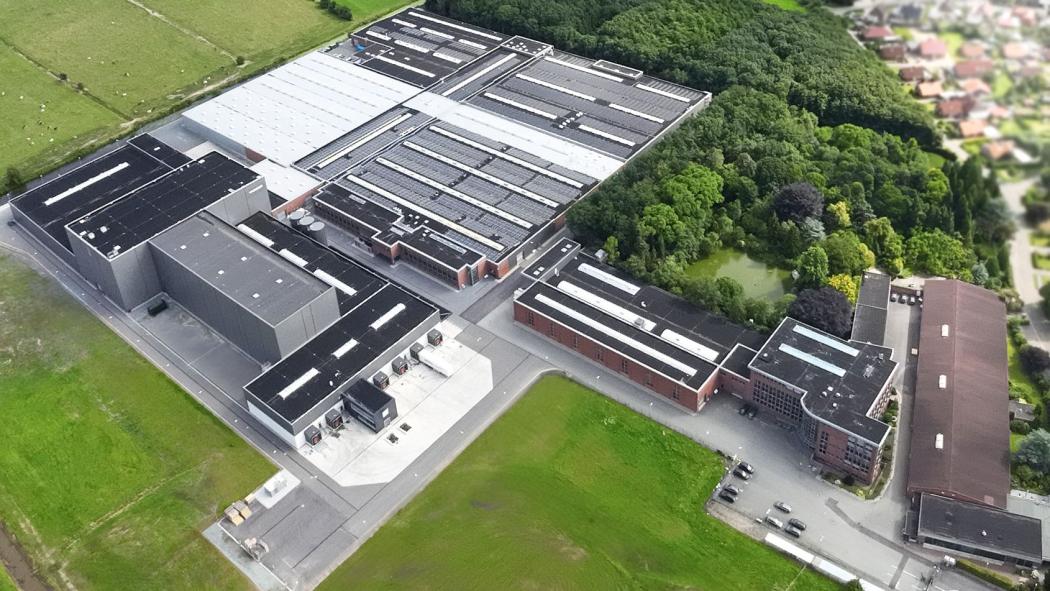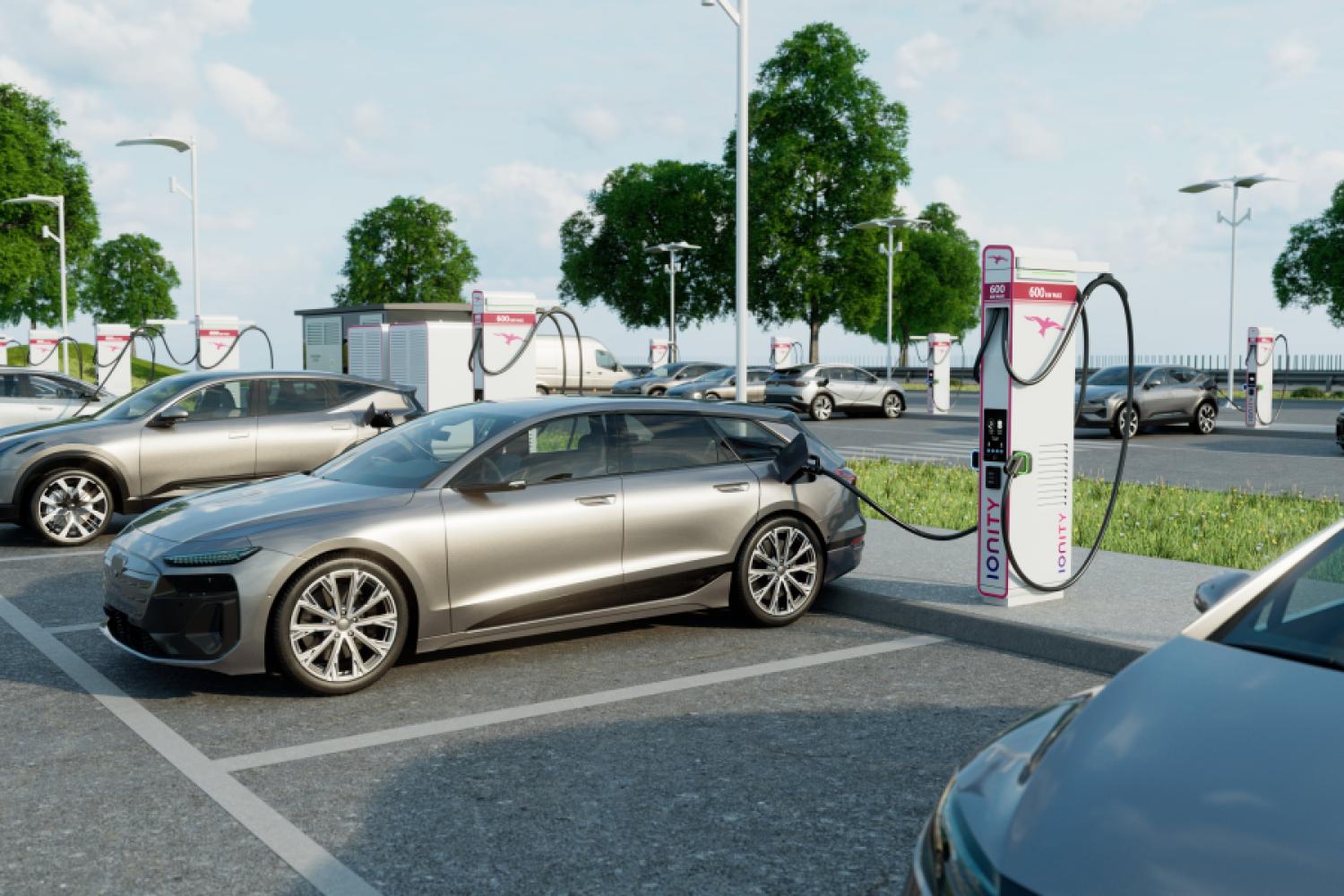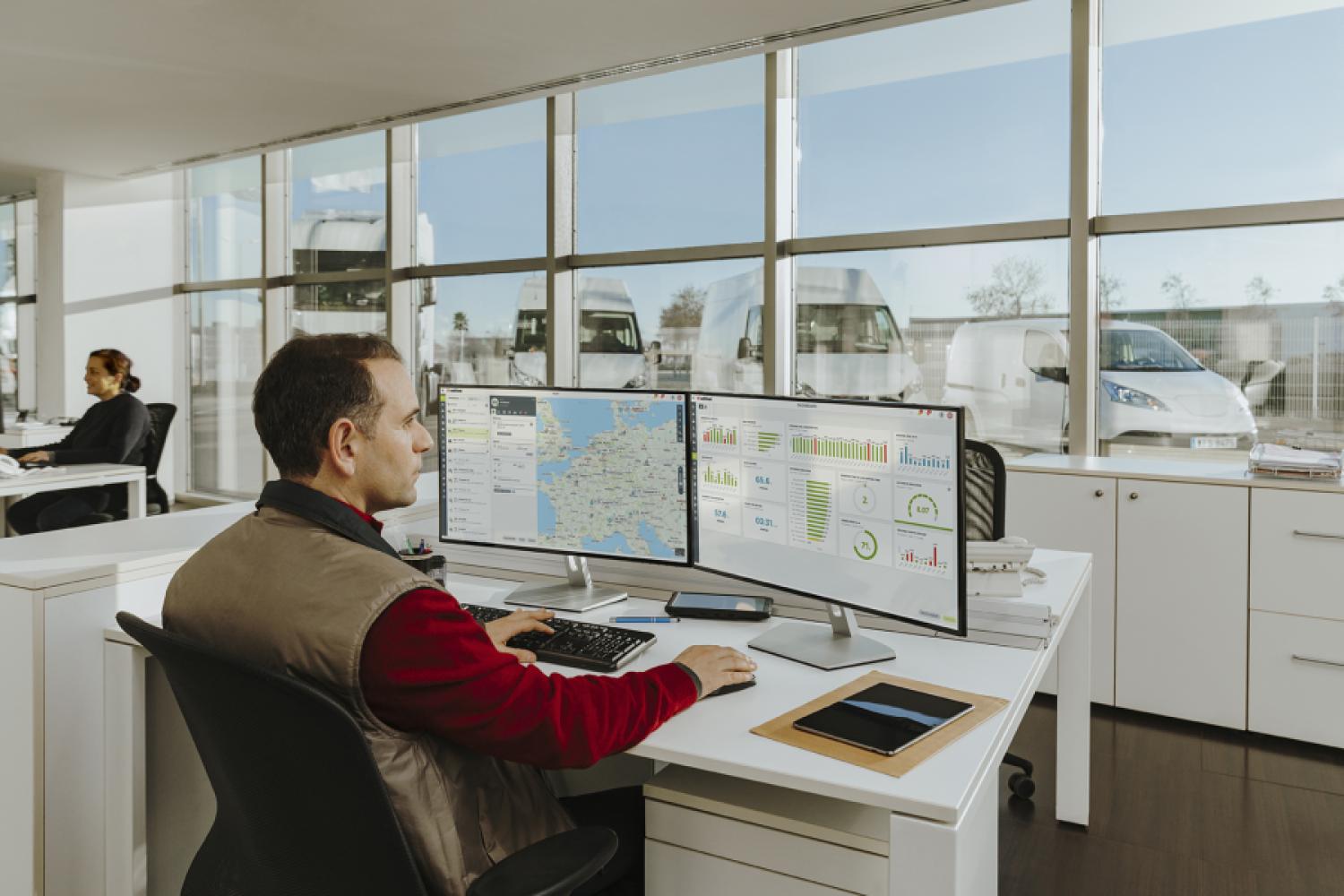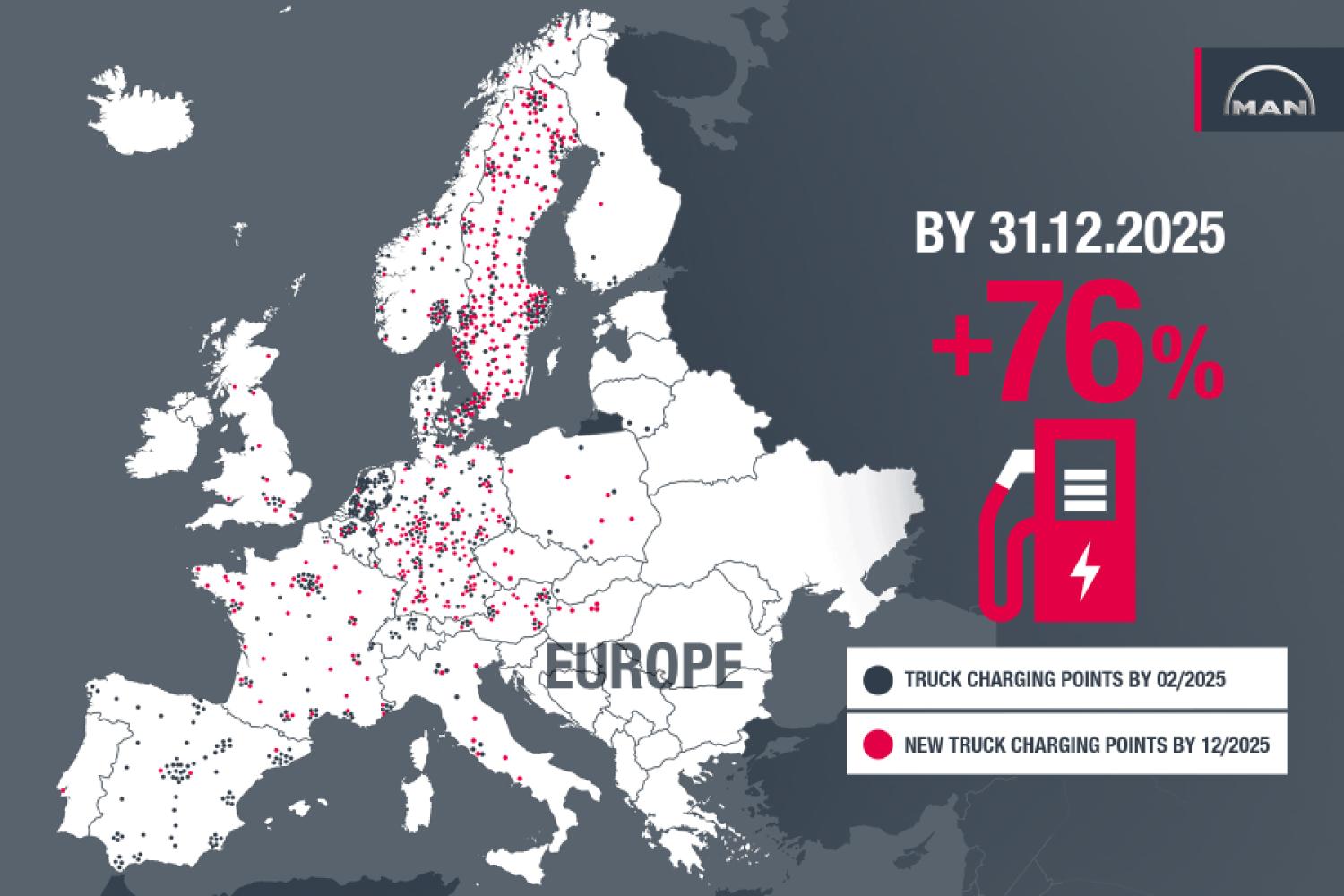An efficient production supply, a high degree of automation, and ergonomic workplaces – with these goals, Wildeboer, an expert in component parts in the fields of fire protection, air distribution, building systems technology, and sound insulation, has established a modern logistics center. Together with Unitechnik, Wildeboer developed an automated storage system at the headquarters in Weener that fully automates non-value-adding intralogistics processes, unlocks additional assembly areas on three levels, and aims to lay the foundation for further growth.
"Simply build in trust" – this is what Wildeboer, the family business founded in 1939, stands for. With extensive manufacturing depth, the engineering company develops and produces components for fire and sound protection, air distribution, and building systems technology – components "made in Germany." The company's headquarters are located in Weener, East Frisia, complemented by additional sites in Laupheim, Lützen, and Utrecht. More than 350 employees work at the headquarters on a production area totaling 60,000 square meters.
Decentralized Storage Slowed Down Processes
At the East Frisian company, a lack of storage capacity led to large quantities of materials having to be temporarily stored in decentralized manual warehouses and on staging areas in the production halls. "Our goal was to centralize the functional areas along in-house logistics, introduce a consistent goods-to-person principle, and simultaneously ensure continuous material traceability," explains Arne Bröske, Head of Production at Wildeboer. "Automation of our processes was essential for this." A central, automatic storage system was intended not only to minimize manual processes but also to open up additional areas for assembly and production.
Comprehensive Logistical Overall Concept
After Wildeboer commissioned an external planner with the logistics planning of the automated processes in the warehouse, the decision was made—based on a recommendation—for in-depth expertise by Unitechnik Systems GmbH. Key criteria for the collaboration included Unitechnik's strong process understanding: the ability to precisely capture Wildeboer's business processes and develop a tailor-made solution based on that. Equally decisive was manufacturer-independent and solution-oriented detailed planning by a medium-sized family-owned company, incorporating experience from many realized projects.
In close collaboration, Wildeboer and Unitechnik initially developed a comprehensive overall logistics concept that included the separation of production and storage areas and an expansion of a total of 10,500 square meters of logistics space. The concept was primarily focused on the scalability of logistics. Unitechnik was able to design the corresponding storage systems to grow flexibly with future requirements. A central requirement for the concept is also process security: with the construction of a new logistics center, the supply of production and the dispatch of goods are to be ensured reliably and with high availability. An inventory management system based on the so-called first-in-first-out principle is intended to guarantee seamless traceability of goods. Additionally, Unitechnik was able to consider the supply and connection of module assemblies on different floors in the design. The automated interim storage of custom-made products and the shipping buffering of fully packaged shipments are also intended to contribute to the optimization of Wildeboer's logistics processes. Another essential factor is the high degree of automation, which enables ergonomic and efficient workstations in goods reception, order picking, and shipping. The new logistics processes aim to minimize walking distances for employees as well as manual transportation.
Cleaning robots coordinate with production colleagues
The logistics center realized by Unitechnik is the central material flow hub for Wildeboer. Central to this is a three-aisle high-bay warehouse for Euro pallets and grid boxes with 9,230 storage spaces, as well as a single-aisle automatic small parts warehouse for small load carriers. Raw materials, semi-finished products, and finished products are stored here. At combined pallet and container picking stations, material is assembled for both production and customer orders. The raw material for production is transferred to various driverless transport systems. All manufactured components are then picked up from production by these AGV vehicles, handed over to Unitechnik's conveyor technology, and stored. The driverless transport systems were procured and put into operation by Wildeboer itself. What is special about this is that to remain independent of individual manufacturers, Wildeboer relies on a fleet management system according to the VDA 5050 standard. In the future, even autonomous cleaning robots will be on the move and will "coordinate" with their productive colleagues.
Order consolidation plays a significant role at Wildeboer. The goal is to minimize shipping volume. To this end, pallets intended for customer orders are first automatically held in a highly dynamic shipping buffer. The pallets called by Wildeboer's own consolidation software automatically move into the consolidation zone. According to the "Pack-by-Light" principle, employees see at a glance, through colored light displays, which pallets belong to the same order and arrange the items so that as few pallets as possible are needed. This densification saves freight costs and protects the environment. Since the products are mostly delivered to construction sites, the pallets are made rainproof before loading by means of an automatic wrapper.
The high technical standard of Wildeboer is evident in many details. For example, a pallet inspection system integrated into the automatic logistics system tests every incoming Euro pallet for compliant dimensions. Unitechnik's "UniWare" warehouse management system coordinates all material flows on the conveyor technology and all storage movements. The infinitely zoomable system visualization always provides the intralogistics manager, Marcel Stephan, with the current status of the system. "UniWare helps me quickly identify and rectify the causes of disruptions. Therefore, it is an indispensable tool for me on my notebook," explains Marcel Stephan.
Growth Planned from the Start
When the collaboration between Wildeboer and Unitechnik began in 2019, the construction of the new logistics center was affected by the challenges of the Corona pandemic. Supply shortages not only led to delays in the schedule but also demanded a high degree of flexibility from all project participants. "Timely coordination and well-coordinated collaboration were crucial throughout the project," emphasizes Arne Bröske. "We all the more appreciate having Unitechnik as a competent system integrator at our side, where the partnership was characterized by straightforward communication."
Even after the project's completion, both project partners remain in regular contact and exchange with each other. "It is especially important to us to be a reliable contact for Wildeboer even after successful implementation," explains Yusuf Kaya, Key Account Manager for Logistics Systems at Unitechnik. Thanks to forward-looking planning, Unitechnik laid the foundation for future expansions right at the start of the project: The interfaces of the new logistics center were prepared both in terms of software and conveyor technology, allowing Wildeboer to integrate driverless transport systems seamlessly. "As a lifetime partner, we are available to our customers around the clock and continue to work closely with them even after project completion to identify and implement continuous optimization potentials in the warehouse," emphasizes Yusuf Kaya.






